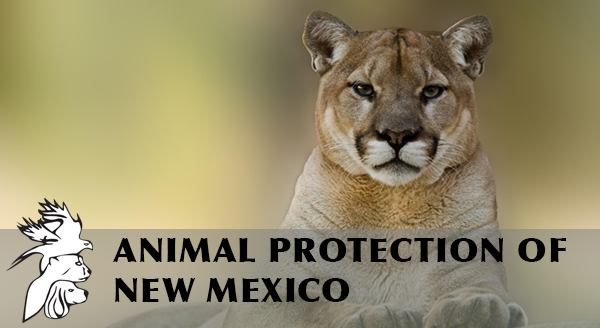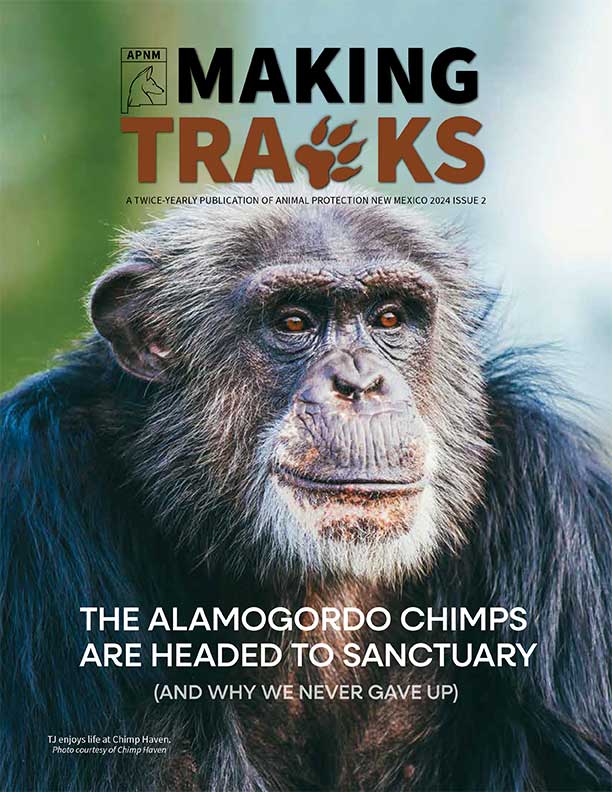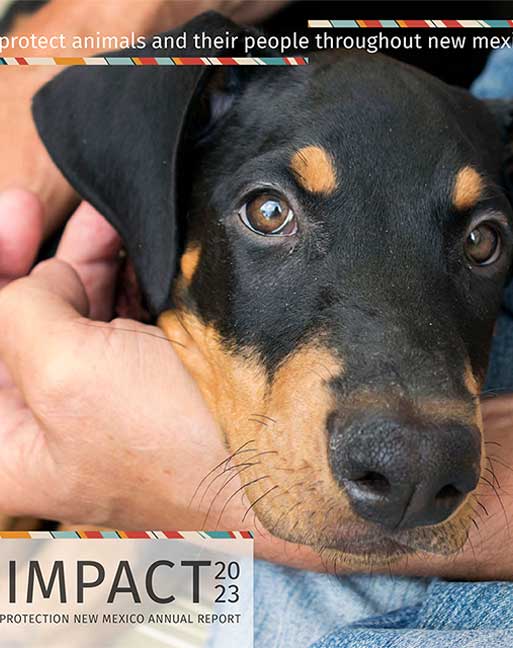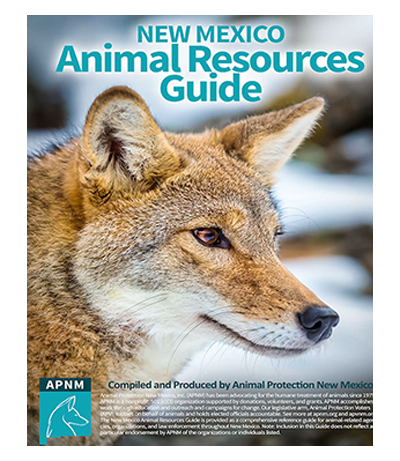
Today Animal Protection New Mexico filed legal action in state and federal courts challenging the NM Game Commission’s appalling decision to expand cougar trapping.
When APNM told you back in August that we weren’t going to let the Game Commission’s cougar rule stand without a fight – we meant it. Today marks the next step in our fight to protect New Mexico’s wildlife and to ensure that reasonable, science-based wildlife management practices become the standard in our state.
As many of you sadly remember, on August 27, 2015, the NM Game Commission unanimously ruled to allow:
- Cougar trapping using leg-hold traps and snares on state trust lands, totaling 9 million acres in New Mexico;
- The removal of the NM Department of Game & Fish permit requirement for landowners to use traps and snares to kill cougars; and
- One person to kill up to four cougars in the majority of game species management zones, where current unjustifiably high cougar kill quotas are not being met.
The state action filed by APNM, joined by the Humane Society of the United States and other concerned New Mexicans, focuses on the lack of scientific data to support the expansion of trapping on state trust lands and the removal of the permit requirement to trap on both public and private lands. The result of this misguided rule is likely to jeopardize hikers with dogs, as well as protected wildlife like nursing cougar mothers and spotted kittens.
In the federal action, we are challenging the Game Commission’s rule under the Endangered Species Act, pointing out that indiscriminate traps put federally protected endangered wildlife like Mexican gray wolves and jaguars at risk.
Your generous support has helped us come this far, but we still need you to help to win this battle! This fight to safeguard New Mexico cougars not only protects wildlife, but also the thousands of dogs, hikers and other animals who fall victim to cruel and dangerous leghold traps. If you enjoy New Mexico’s beautiful public lands, then even you are at risk. Please read more about the dangers of the Game Commission’s rule, and consider making a contribution.




